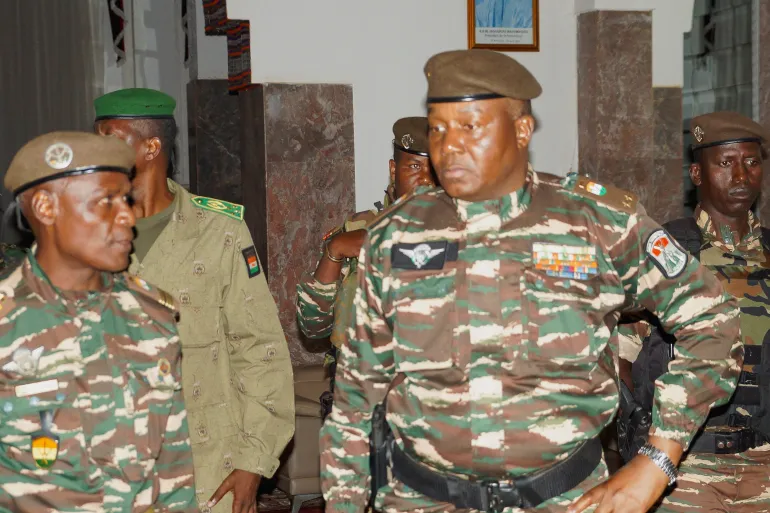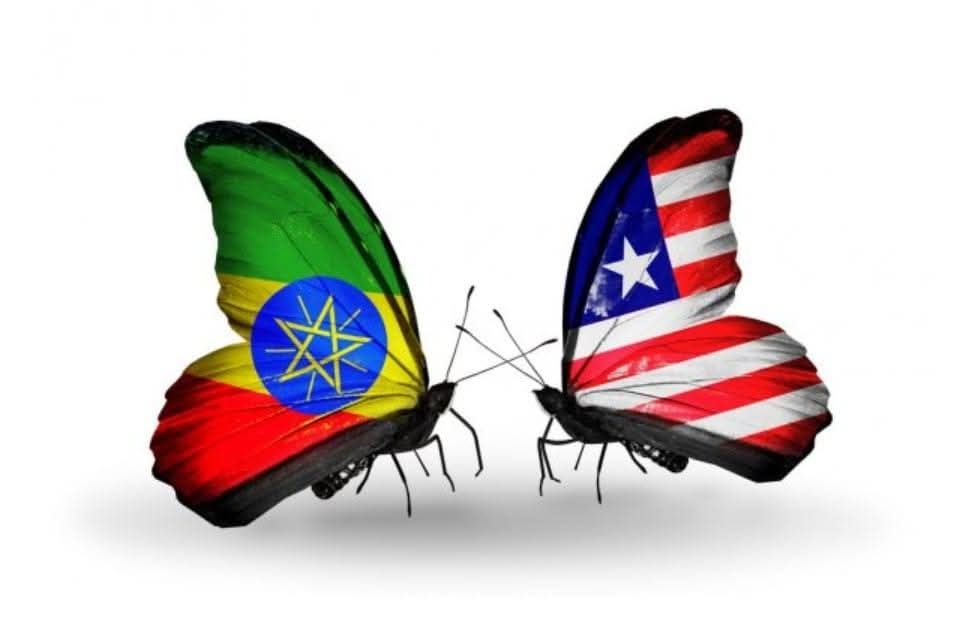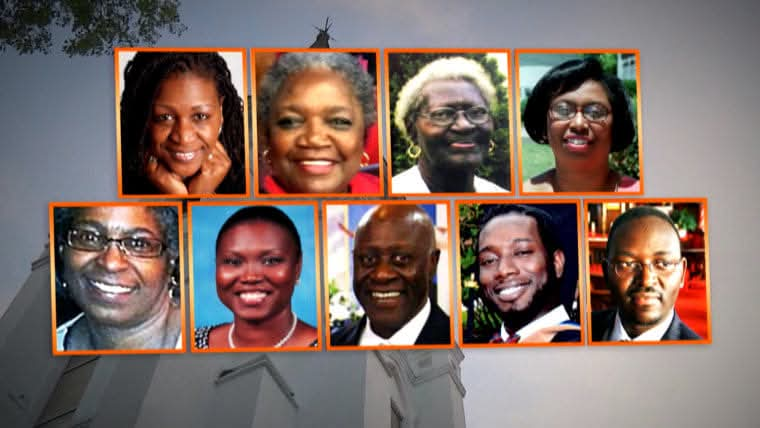NIGER COUP: July Events of the 2023 Nigerien Coup D'état and What to Expect in the Coup Belt

Did you know that the 2023 Nigerien coup d'etat was the fifth military coup since the country gained independence from France in 1960, and the first since 2010?
On 26 July 2023, the presidential guard commander general Abdourahamane Tchiani proclaimed himself the leader of a new military junta in a coup d'état in Niger. Presidential guard forces closed the country's borders, suspended state institutions, declared a curfew after they detained president Mohamed Bazoum.
Analysts said the rising cost of living and perceptions of government incompetence and corruption may have driven the revolt. The country frequently ranks at the bottom of the UN's Human Development Index and has also suffered from Islamist insurgencies led by Al-Qaeda, Islamic State and Boko Haram, despite its military receiving training and logistical support from the United States, France and Turkey, which have bases in the country.
Below are some events of the coup recorded in the month of July 2023 and what they pinpoint would happen in the following weeks.
JULY 26: Bazoum contact French govt., UN, AU, US
Despite being detained by the Presidential Guards, Bazoum has not formally resigned as of July 29 and has been able to get in contact with world leaders and officials such as French President Emmanuel Macron, United Nations Secretary-General Antonio Guterres, AU Commissioner Moussa Faki, and United States Secretary of State Antony Blinken.
JULY 27: Nigerien COAS backs coup
The leadership of the Nigerien armed forces issued a statement signed by the army chief of staff General Abdou Sidikou Issa declaring its support for the coup, citing the need to "preserve the physical integrity" of the president and his family and avoid "a deadly confrontation that could create a bloodbath and affect the security of the population." In a television statement shortly after, Abdramane announced the suspension of all activities by political parties in the country until further notice, and also announced that the junta had issued a reprimand to France for violating the airspace closure after a military plane landed at an air base.
JULY 27: Unrest in Niamey
A pro-coup demonstration took place with about 1,000 supporters of the junta flying Russian flags, voicing support for the Wagner Group, and throwing rocks at a passing politician's vehicle. The demonstrators also denounced the French presence and that of other foreign bases. Other demonstrators gathered outside the headquarters of Bazoum's PNDS-Tarayya party, with footage showing them stoning and setting fire to vehicles. They then subsequently ransacked and burned the premises, leading police to disperse them with tear gas. Demonstrations also occurred in front of the National Assembly. This prompted the Interior Ministry in the evening to place a ban on all demonstrations with immediate effect. Civil servants were also told to stay home.
JULY 28: Tchiani's assumption of power
General Tchiani proclaimed himself as the president of the National Council for the Safeguard of the Homeland in an address on Télé Sahel. He said the coup was undertaken to avoid "the gradual and inevitable demise" of the country, and said that Bazoum had tried to hide "the harsh reality" of the country, which he called "a pile of dead, displaced, humiliation and frustration". He also criticized the government's security strategy for its purported ineffectiveness and lack of collaboration with Mali and Burkina Faso, but did not give a timeline for a return to civilian rule. His position as de facto concurrent head of state was later confirmed by Colonel Abdramane, who accused officials of Bazoum's government of plotting against the new regime while sheltering in foreign embassies and warned of bloodshed if they pushed through.
JULY 29: Allegations of a planned military intervention in Niger
The National Council for the Safeguard of the Homeland accused ECOWAS in a statement read by Colonel Major Amadou Abdramane on Tele Sahel of planning to approve "a plan of aggression against Niger through an imminent military intervention in Niamey supported by certain Western countries" and warned of the junta's "strong determination" to defend the country. They claimed that this was the objective of the ECOWAS summit convened for the following day.
JULY 29: African Union ultimatum
The African Union Peace and Security Council issued an ultimatum that if the soldiers did not "immediately and unconditionally return to their barracks and restore constitutional democracy, within a maximum of fifteen days" that the bloc would be compelled to take "necessary action, including punitive measures against perpetrators".
JULY 30: ECOWAS ultimatum
ECOWAS issued the Nigerien military junta with an ultimatum that Bazoum be reinstated as president within one week. In a communiqué read by ECOWAS Commission chairperson, Omar Touray, at the Extraordinary Summit convened in Abuja in response to the coup, they said that if their demands were not met they would "take all measures necessary to restore constitutional order in the Republic of Niger" and that "such measures may include the use of force". The response from the bloc towards the junta drastically differed from the measures taken with recent coups in Mali, Burkina Faso, and Guinea which did not involve the threat of force for reinstating the overthrown government.
JULY 30: Pro-coup demonstrations in Niamey
In a march at the request of Tchiani and organized by the M62 movement (until the coup, a movement known for its opposition to the Bazoum government and Operation Barkhane and its support for the Russian invasion of Ukraine), thousands of pro-coup Nigeriens gathered in Niamey's Place de la Concertation, in front of the National Assembly, and went to the French Embassy carrying Nigerien and Russian flags. The demonstrators also called for an immediate intervention by the Wagner Group. During the march, the entrances to the French and American embassies were closed. The French embassy’s walls and gates were set ablaze and damaged whilst Nigerien soldiers and General Salifou Modi were seen on the ground urging the crowds to disperse peacefully.
JULY 31: Suspension of uranium, gold exports to France
The Chadian Presidency released pictures of President Mahamat Déby Itno meeting with General Tchiani and President Bazoum, his first appearance since the coup. Meanwhile, the junta ordered the suspension of uranium and gold exports to France. Colonel Abdremane accused Hassoumi Massaoudou, still claiming to be acting leader substituting for Bazoum, of authorizing a French attack on the presidential palace to liberate Bazoum.
JULY 31: Mali, Burkina Faso, Guinea junta declares support
The military juntas of Mali and Burkina Faso released a joint communiqué warning that any military intervention in Niger by ECOWAS would be taken as a declaration of war against them, and that they would give Niger military support. The Guinean junta also showed support for the Nigerien military junta, stressing in a statement that they are against ECOWAS sanctions and will not apply them. They also warned that a military intervention in Niger could disintegrate ECOWAS, although military support for Niger was not mentioned in this case. They highlighted their pan-Africanist vision and their solidarity with the people of Niger.
Niger had previously undergone four military coups since independence from France in 1960, with the most recent having occurred in 2010. In between, there were also several coup attempts, the most recent of which was in 2021 when military dissidents tried to seize the presidential palace two days before the inauguration of president-elect Mohamed Bazoum, the country's first democratically elected president to assume office from a similarly elected predecessor. The 2023 coup also came in the wake of recent coups in nearby countries, such as in Guinea, Mali, and Sudan in 2021, and two in Burkina Faso in January and September 2022, which has led to the region being called a "coup belt".
Source: Wikipedia
#penglobalhistory #Niger #coup



